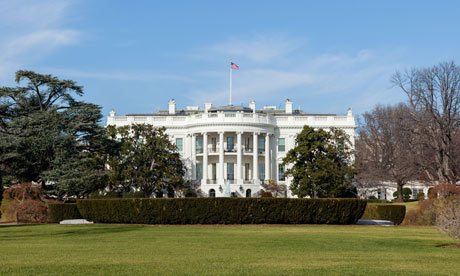Source: UN.GIFT. HUB
http://www.ungift.org/knowledgehub/en/stories/August2013/usaid-announces-grants-to-three-universities-to-combat-human-trafficking.html?goback=%2Egde_4463846_member_264861538
( USAID ) - USAID announced this week three new research grants awarded to theUniversity of Southern California, Vanderbilt University and Texas Christian University to study human trafficking and produce evidence that could help USAID and other international development organizations combat human trafficking more effectively.
USAID is awarding the $175,000-$200,000 grants through its partner the
Institute of International Education as part of USAID's
Counter-Trafficking in Persons (C-TIP) Campus Challenge , a global campaign to strengthen the movement to combat human trafficking on university campuses. The
Campus Challenge is part of a larger USAID effort to apply innovation, research and evidence to inform its counter-trafficking programs, a core objective of the Agency's
C-TIP Policy released in 2012. The
Campus Challenge also included a global technology contest for university students that ended in March 2013.
The three
research projects - focusing on Moldova, Ukraine, Indonesia, and
Nepal - will use a variety of methods to establish what local populations know about human trafficking, how they receive that knowledge, and what they do with it. The research teams also will study and measure how public knowledge and behaviors related to human trafficking are influenced by various anti-trafficking media campaigns in those countries. The winning proposals are:
- University of Southern California: The project will use a public opinion survey to measure how effective a documentary, developed by the USAID-funded organization MTV EXIT, is in changing knowledge and behaviors related to human trafficking among 500 survey participants in West Java, Indonesia. The project will be supplemented by a nationwide social media analysis to examine public sentiments on human trafficking over time.
- Vanderbilt University: The project will use a randomized control experiment to examine whether differences in media formats and content affect the impact of anti-trafficking awareness campaigns. Working in 144 villages in rural Nepal, the researchers will study how different message types (brochures, radio programs, graphic novels, etc.) affect individuals and how individuals react differently to the content based on their gender, age and caste. Stanford University and USAID partner organization Humanity United are co-funding the project.
- Texas Christian University: The project will administer a public opinion survey to 2,000 participants in Moldova and Ukraine to find out what they know and think about human trafficking. Through surveys, the project will also research how participants' knowledge and perceptions can be influenced to change behaviors and practices related to human trafficking.
All three research projects will begin this summer and are expected to be completed by early 2015. The grants are awarded under USAID's
Democracy Fellows and Grants Program, managed by the Institute of International Education.


 Nail bars: modern-day slavery in plain sight | Holly Baxter
Nail bars: modern-day slavery in plain sight | Holly Baxter Evolving Our Image of Human Trafficking | Cameron Conaway
Evolving Our Image of Human Trafficking | Cameron Conaway Kansas Anti-Human Trafficking Efforts Gain Attention
Kansas Anti-Human Trafficking Efforts Gain Attention Slavery is a $32bn industry so why aren't we following the money trail? | Mary Goudie | Global development | guardian.co.uk
Slavery is a $32bn industry so why aren't we following the money trail? | Mary Goudie | Global development | guardian.co.uk Leaders Of Infamous Human Trafficking Gang Arrested In Southern Thailand
Leaders Of Infamous Human Trafficking Gang Arrested In Southern Thailand



